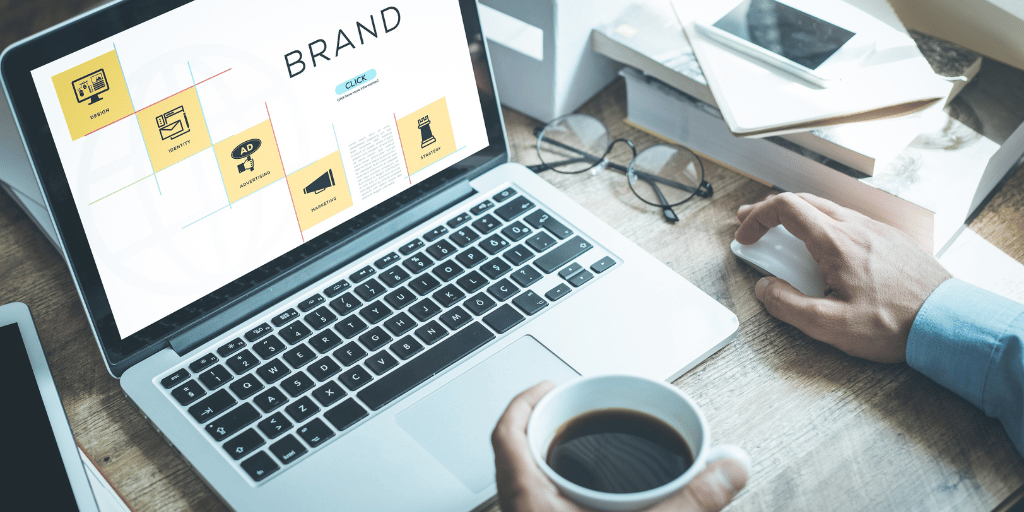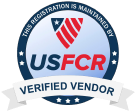Boost Brand Recognition: The Ultimate Guide to Promotional Swag and Merchandise
29th July 2025

Brand recognition is the cornerstone of business growth, fostering consumer trust and loyalty. It's the ability for customers to instantly identify your brand through visual, auditory, or emotional cues like a logo, color scheme, or tagline. To achieve this, businesses are increasingly turning to a powerful, tangible tool: promotional items and custom swag. This guide explores why branded merchandise, from custom coffee mugs to eco-friendly tote bags, is an essential strategy for boosting brand visibility and achieving a high return on investment (ROI).
1. The Mechanics of Brand Recognition with Promotional Products
Promotional products transform a brand's logo into a physical, useful object. This daily interaction with items like branded pens, customized USB drives, or custom tumblers ensures your brand remains top-of-mind. Research confirms the effectiveness of this approach: a significant majority of consumers can recall the brand on a promotional product they received up to two years later. Unlike fleeting digital advertisements, branded merchandise provides sustained exposure, continuously reinforcing your brand's presence in the consumer’s life.
2. Choosing the Most Effective Promotional Products
The impact of promotional items depends on their practicality and relevance. To maximize results, businesses should select products that align with their target audience. Effective categories include:
-
Everyday Essentials: Items such as custom water bottles, branded tote bags, and personalized notebooks offer high utility and frequent brand exposure.
-
Tech Swag: For a tech-savvy audience, consider branded USB drives, custom phone chargers, or earbuds.
-
Sustainable Merchandise: Eco-friendly promotional products like recycled notepads, bamboo utensils, and reusable bags appeal to environmentally conscious consumers and enhance brand perception.
-
Corporate & Office Supplies: Custom pens, mousepads, and desk organizers are ideal for B2B or corporate settings.
3. The High ROI of Branded Merchandise
Promotional products are a cost-effective marketing channel with a measurable ROI. A single branded mug, for example, can provide years of daily brand reminders for a minimal one-time cost. Studies show that promotional products have a far longer-lasting impact than other forms of advertising, with a high recall rate even years after distribution. Businesses can track campaign effectiveness through increased sales, customer engagement metrics, and loyalty program participation.
4. Best Practices for Selecting and Distributing Swag
To ensure success, avoid common pitfalls and follow these strategic guidelines:
-
Audience-Centric Selection: Choose items that resonate with your specific demographic. For instance, fitness brands might opt for branded water bottles, while tech companies could use custom gadgets.
-
Reinforce Brand Identity: Your merchandise should reflect your company’s core values. An eco-conscious brand should invest in sustainable, high-quality materials.
-
Prioritize Quality Over Quantity: High-quality promotional products build positive brand associations, while cheap, poorly made items can harm your brand's reputation.
-
Maintain Brand Consistency: Ensure your logo, brand colors, and messaging are consistent across all promotional swag for a cohesive brand experience.
5. Promotional Products vs. Traditional Advertising
Branded merchandise offers distinct advantages over traditional and digital advertising:
-
Longevity: Promotional items are used for months or years, while ads are short-lived.
-
Cost-Effectiveness: The cost per impression for promotional products is often lower than for print or digital media.
-
Tangible Connection: A physical item creates a personal, tangible connection with the consumer that digital ads cannot replicate.
6. Fostering Customer Loyalty with Custom Swag
Thoughtful, high-quality branded items can significantly strengthen customer relationships and encourage repeat business. Using custom swag in welcome packages or as part of loyalty programs incentivizes purchases and creates a positive, lasting impression. This strategic use of merchandise turns a simple giveaway into a powerful tool for building long-term customer loyalty.
7. The Importance of Quality and Sustainability
The perceived quality of your promotional products directly influences brand perception. A durable, stylish item leaves a positive impression, while a fragile product can suggest a lack of care. Furthermore, a growing number of consumers value sustainability. Opting for eco-friendly promotional products like bamboo straws or recycled notepads positions your brand as socially responsible, helping you stand out in a competitive market.
Custom promotional products, custom swag, and bulk branded merchandise are more than simple giveaways; they are strategic marketing tools for enhancing brand recognition, driving customer loyalty, and delivering measurable ROI. By focusing on high-quality, practical, and audience-relevant items, especially those with sustainable attributes, businesses can create a powerful and lasting brand presence that outperforms traditional advertising channels. Investing in customized merchandise is a proven path to long-term success.

